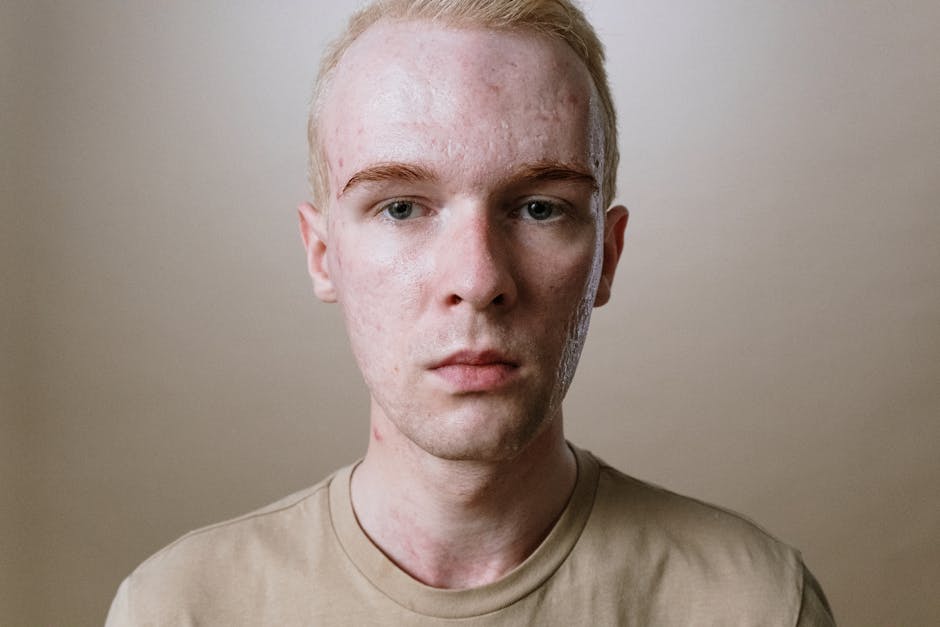Acne, a common skin condition that affects millions worldwide, can leave behind unsightly blemishes and scars. While it's often associated with adolescence, acne can persist into adulthood for many individuals. Fortunately, there are effective treatments and lifestyle adjustments that can help combat this frustrating condition.
**Understanding Acne**
Acne occurs when the sebaceous glands, which produce oil to lubricate the skin, become clogged with dead skin cells and bacteria. This leads to the formation of pimples, blackheads, and whiteheads. Hormonal fluctuations, certain medications, and genetics can all contribute to the development of acne.
**Effective Treatments**
* **Topical Medications:** Over-the-counter or prescription topical medications, such as benzoyl peroxide, salicylic acid, and retinoids, help kill bacteria, reduce inflammation, and unclog pores.
* **Oral Medications:** Antibiotics and hormonal therapies can be prescribed to combat severe acne that doesn't respond to topical treatments.
* **Light Therapy:** Blue light therapy and laser therapy use specific wavelengths to kill bacteria and reduce inflammation.
* **Extraction:** A dermatologist can manually extract deep-seated pimples and blackheads to prevent scarring.
* **Chemical Peels:** Chemical solutions remove the top layer of skin, promoting cell turnover and reducing inflammation.
**Lifestyle Adjustments**
In addition to medical treatments, certain lifestyle changes can aid in reducing acne:
* **Maintain Good Hygiene:** Wash your face twice daily with a gentle cleanser and avoid touching your face.
* **Use Non-Comedogenic Products:** Avoid using makeup or skincare products that contain ingredients that can clog pores.
* **Manage Stress:** Stress can trigger hormone fluctuations that worsen acne. Engage in stress-reducing activities such as exercise, yoga, or meditation.
* **Get Adequate Sleep:** Lack of sleep can disrupt hormone balance and contribute to acne. Aim for 7-9 hours of quality sleep each night.
* **Eat a Healthy Diet:** Avoid processed foods, sugary drinks, and dairy products, as these can worsen inflammation. Focus on consuming fruits, vegetables, and whole grains.
**Prevention**
While acne can't always be prevented, there are steps you can take to reduce your risk:
* **Cleanse Regularly:** Wash your face twice daily with a gentle cleanser to remove dirt and oil.
* **Exfoliate Regularly:** Use a mild scrub 1-2 times per week to remove dead skin cells.
* **Moisturize:** Use an oil-free moisturizer to keep your skin hydrated and prevent dryness, which can lead to inflammation.
* **Avoid Sun Exposure:** Sun exposure can damage the skin and worsen acne. Wear sunscreen and avoid prolonged exposure, especially during peak hours.
**Conclusion**
Acne can be a challenging skin condition, but it can be effectively managed with proper treatment and lifestyle adjustments. By following these recommendations, you can reduce the severity of your acne and achieve clearer, healthier skin. Remember to consult with a dermatologist if your acne is persistent or severe to determine the best course of treatment for your individual needs.

